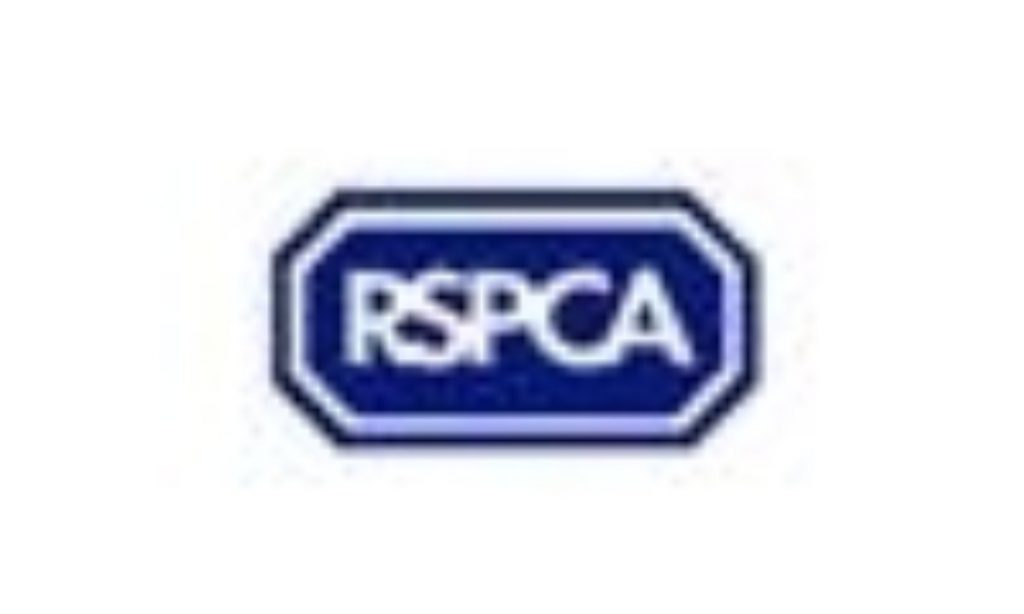RSPCA: A prickly problem for Hedgehogs
The RSPCA is trying to work out the reasons for a surge in the number of hedgehogs coming into its wildlife centres.
Almost 300 of the animals have been brought into the RSPCA’s wildlife centres across England this Autumn – a greater number than in previous years.
There are several possible theories for the ‘spike’ in numbers:
- The warmer weather in September and October may have resulted in more autumn litters, with the cold snap in November meaning that those youngsters not big enough to hibernate are struggling.
- A general lack of food may also mean that many hedgehogs will be too small to hibernate.
- More people are aware of the problem since the BBC’s Autumn Watch highlighted the issue. The TV programme noted that there may be hedgehogs around at this time of year that are too small to go into hibernation, although during mild weather, there are still lots of opportunities for them to find food.
Adam Grogan, an RSPCA wildlife scientist, said: “Hedgehogs need to find lots of food in order to gain weight before they can hibernate and will desperately seek food wherever they can. The problem comes when they cannot find enough food, perhaps because the ground is cold and hard, and they then become emaciated and dehydrated.”
Hedgehogs weighing less than 500g are most at risk at this time of year. Wildlife centres can feed them on a special diet to help them to bulk up so that they can be safely released and go into hibernation.
RSPCA wildlife centres:
- There are currently 129 hedgehogs being cared for at the East Winch Wildlife Centre near Kings Lynn in Norfolk. A total of 155 came into the centre in November compared to 144 during the previous November.
- At the Stapeley Grange Wildlife Centre near Nantwich in Cheshire, this autumn (1 September to 20 November) has seen an increase in the numbers of juvenile hedgehogs coming in. This October has seen the number of hoglets rise to 121, compared to 60 brought to the centre in 2005.
- At West Hatch Wildlife Centre near Taunton in Somerset, there has been an increase in the number of hedgehogs from almost 30 in October 2006 to more than 55 in the same month this year. The majority of hedgehogs dealt with by the centre are juvenile.
What you can do to help:
- If the weather is mild, hedgehogs do not necessarily need to come into care. However, if you are worried that they are too small to hibernate, you can feed them in the garden with things like minced meat, scrambled eggs, or a commercially available hedgehog food, and fresh water.
- They will also need a hedgehog-friendly area of the garden with heaps of leaves and brushwood for them to hibernate in – or a purpose built hedgehog box!
- Be careful with your strimmer in longer grass as hedgehogs may be sheltering there · Make sure there are no animals sheltering in the middle of bonfires by disturbing the foundations or pile it up immediately before lighting.
- Call the RSPCA on 0300 1234 999 if you find a sick or injured hedgehog or take it in to a wildlife centre. Put them into a large box with plenty of clean, fresh hay, newspapers or dry leaves until the hedgehog can be picked up and keep human contact to a minimum.
Hedgehog facts:
- Baby hedgehogs are called hoglets.
- Hedgehogs eat slugs, beetles, caterpillars and a variety of other insects. For this reason, many gardeners regard them as welcome visitors. To attract hedgehogs try providing natural shelter such as a ‘wild’ area, or man-made shelter, such as a piece of board against a pile of bricks to form a type of bivouac.
- Hedgehogs are susceptible to lungworm from eating slugs and worms infected with the parasite.
- It’s a myth that hedgehogs enjoy bread and milk. In fact they are intolerant to cow’s milk which can upset their digestive systems. Instead, leave out food such as minced meat, fresh liver, tinned dog food (not fish-based) or even scrambled eggs. A shallow bowl of drinking water would also be used by hedgehogs.
- After leaving the nest with her young in May the mother will look after her hoglets for about a month · Hedgehogs usually hibernate between November and mid-March.
- Hedgehogs are nocturnal and may wander up to three or four kilometres each night.
-ends-
Notes to editors:
Hedgehog photographs are available. For these, or to arrange filming/photographs at the RSPCA wildlife centres, please contact the RSPCA Press Office on 0300 123 0244.
RSPCA, Wilberforce Way, Southwater, Horsham, West Sussex RH13 9RS Press office direct lines: 0300 123 0244/0288 Fax: 0303 123 0099 Duty press officer (evenings and weekends) Tel 0870 0555500 and ask for pager number 828825
Email: press@rspca.org.uk Website: www.rspca.org.uk





-01.png)